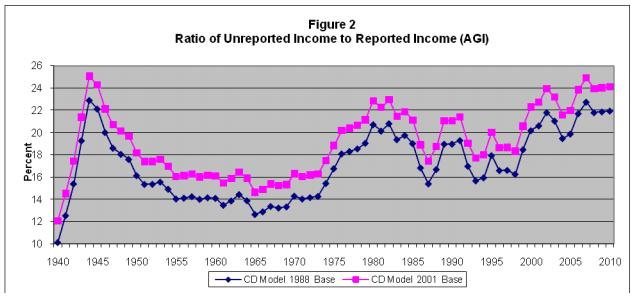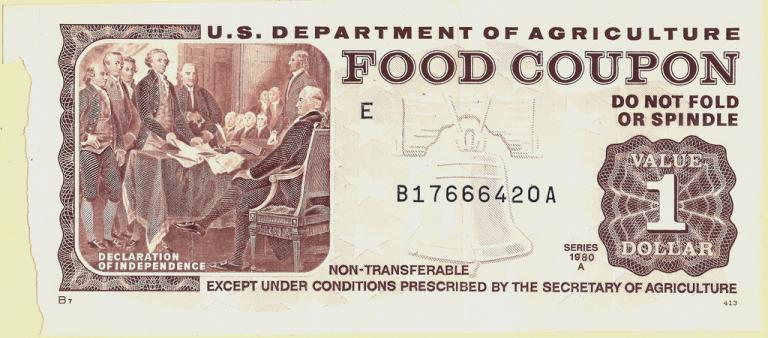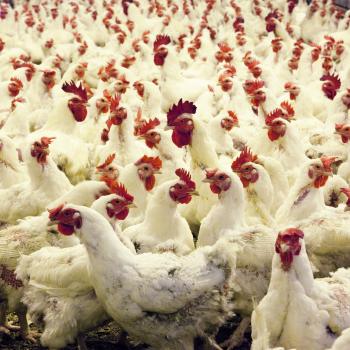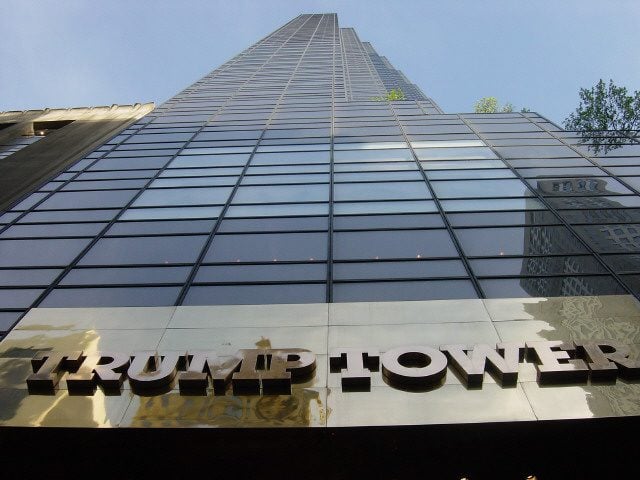![https://commons.wikimedia.org/wiki/File%3ACar_Wash%2C_San_Bernardino%2C_CA.jpg; By Cogart Strangehill (Ext. Car Wash, San Bernardino, CA) [CC BY-SA 2.0 (http://creativecommons.org/licenses/by-sa/2.0)], via Wikimedia Commons](https://wp-media.patheos.com/blogs/sites/533/2016/06/Car_Wash_San_Bernardino_CA.jpg)
So I checked my twitter feed this morning and saw a link to an article on the impact of the $15 minimum wage in New York on car washes. According to the article, New York, unlike much of the rest of the country, relied on manual labor rather than automated car washes because of the abundance of cheap, immigrant labor, which, until a decade ago, worked under the table for small hourly wages plus tips. But, as the Reason article describes,
The situation started to change in 2008, when state investigators conducted the first car wash sweeps in recent memory. The following year, the U.S. Department of Labor settled a lawsuit against one of the city’s largest operators, with cumulative back wages and damages totaling $4.7 million. In 2012, the retail workers union and two affiliated labor groups launched WASH New York, a campaign to organize employees of the city’s more than 200 car washes. Last year, Mayor Bill de Blasio signed the Car Wash Accountability Act, which created a punitive new licensing regime.
The article goes on to say that, inevitably, New York car wash companies will move to automation, and, instead of $15/hour jobs, the employees will have no jobs at all.
And that may indeed be true for these particular companies, because the close attention from the city, and the unionization, means they won’t be able to just slip back into the shadow economy.
But it seems to me that for a large number of small businesses, the impact of a dramatic increase in the minimum wage will be exactly that: a move to paying (some of) their employees off the books.
Back many, many years ago, I had a part-time job at a dry cleaners in high school, and it was well-known that the white high school girls who worked at the counter for minimum wage were paid on the up-and-up, but that the black men in the back were paid in cash, off the books, or paid a mix of cash and properly-recorded time. (Remember, this was a Detroit suburb, in the 1980s; in other times and places, it’d be immigrants, but there, it was men from Detroit coming to the suburbs for work.) How much they were paid, and whether they accepted a lower-than-market wage, because they didn’t need to pay taxes (and could keep welfare benefits, or perhaps pay less in child suport), I don’t know. Whether this still continues there, or how prevalent it is, I also don’t know, and there’s not much out there to be found via google, with the largest number of links saying, “it’s hard to measure.”
But here are a couple links:
- A study from 2011, which was footnoted in the Wikipedia article on the topic, the key bit of which is this table:

The details behind the calculation of these two figures are in the article itself, but they seem to track each other well, and whichever method is correct, this is a high level of unreported income.
- and a CNBC article from 2013, which reports:
“I think the underground economy is quite big in the U.S.,” said Alexandre Padilla, associate professor of economics at Metropolitan State University of Denver. “Whether it’s using undocumented workers or those here legally, it’s pretty large.”
“You normally see underground economies in places like Brazil or in southern Europe,” said Laura Gonzalez, professor of personal finance at Fordham University. “But with the job situation and the uncertainty in the economy, it’s not all that surprising to have it growing here in the United States.”
Estimates are that underground activity last year totaled as much as $2 trillion, according to a study by Edgar Feige, an economist at the University of Wisconsin-Madison.
That’s double the amount in 2009, according to a study by Friedrich Schneider, a professor at Johannes Kepler University in Linz, Austria. The study said the shadow economy amounts to nearly 8 percent of U.S. gross domestic product.
Absent from this latter article, or similar ones, is any attempt by the feds to stop the practice. In fact, it wasn’t all that long ago that we read about communities establishing “day worker centers” that explicitly accomodate such practices when it comes to immigrant workers.
So what happens if more work shifts to the underground economy, or a hybrid like the dry cleaners workers receiving their pay partly in cash? Would the government be more willing to ramp up its efforts to eliminate it if it otherwise risks being an even larger share of the economy?
Image: a car wash. https://commons.wikimedia.org/wiki/File%3ACar_Wash%2C_San_Bernardino%2C_CA.jpg; By Cogart Strangehill (Ext. Car Wash, San Bernardino, CA) [CC BY-SA 2.0 (http://creativecommons.org/licenses/by-sa/2.0)], via Wikimedia Commons













